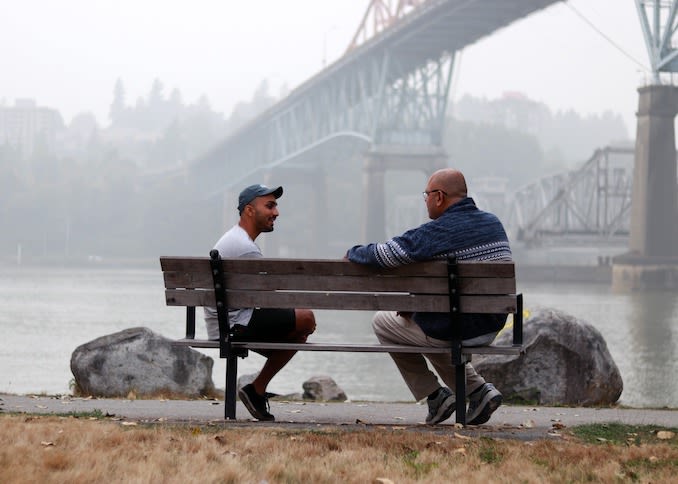The stories that go unheard
Alumnus Alex Sangha discusses his experiences as a gay South Asian Canadian and LGBTQ+ rights advocate
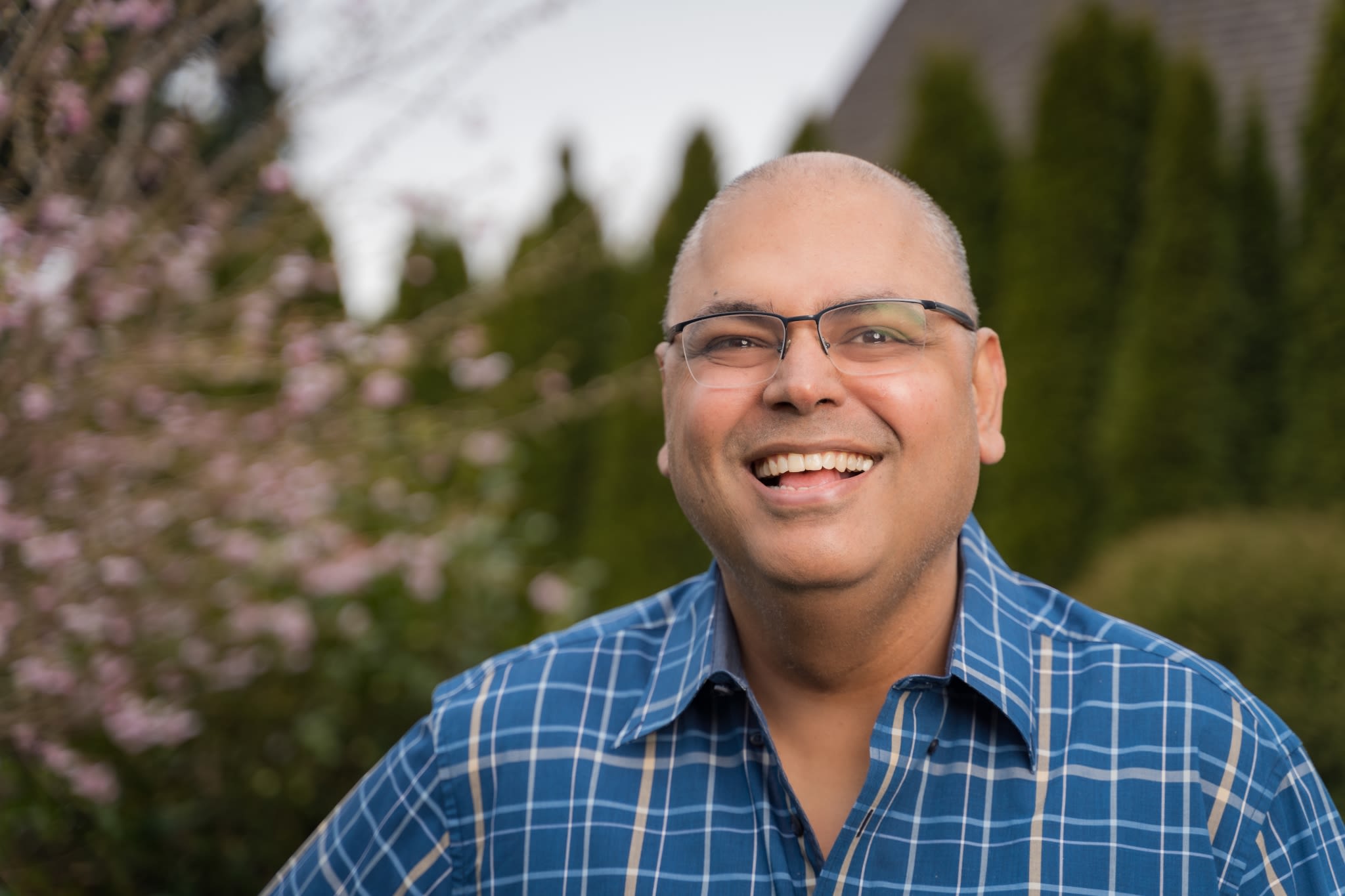
Alex Sangha (MSc Government 2002) grew up navigating between the close-knit South Asian community and broader Canadian society. After forging a career in social work, Alex wanted to find a way of supporting fellow queer South Asians in his local area of Vancouver. Alex describes his experiences growing up, the impact of his time at LSE and how he is raising awareness of the unique experiences of South Asian LGBTQ+ people.
Between two worlds
Growing up as a South Asian in Canada was a complex experience. On the one hand, I was part of a close-knit immigrant community that deeply valued tradition, family, and faith. On the other hand, I was navigating broader Canadian society, which embraced more liberal, diverse perspectives. As a South Asian, I often felt the pressure to conform to cultural expectations, such as getting married and having children, which clashed with my personal identity as a gay man. I struggled between embracing my heritage and finding a sense of belonging in a more progressive and inclusive environment. The lack of understanding of both my sexuality and mental health struggles as a young man living with bipolar was isolating. However, over time I learned to embrace my own uniqueness, using my experiences to advocate for others who felt marginalised or misunderstood. Ultimately, I turned the challenges I faced into a source of strength and purpose.
Studying to make an impact
After high school, I went into social work, completing degrees in social work from the University of British Columbia and Dalhousie University. However, I recognised that impactful change requires policy reform and effective administration. I decided to study Public Administration and Public Policy at LSE to gain the skills and knowledge needed to address systemic social issues. My time at LSE allowed me to delve deeper into topics like governance, social equity, and public service delivery. It was a chance to expand my understanding of how to bridge grassroots social work with higher-level policy decisions.
My experience at LSE was transformative, both academically and personally. It offered me a global perspective on public administration and policy, exposing me to diverse viewpoints from classmates around the world. The rigorous curriculum challenged me to think critically about governance, social equity, and policymaking. It equipped me with the analytical skills necessary for addressing complex social issues.
Beyond academics, living in London was an eye-opening experience. As a young, gay South Asian student, I found myself navigating new cultural landscapes and exploring my identity in a more open environment than I had back home. The city’s diversity and vibrancy allowed me to connect with different communities, broadening my understanding of inclusion and social justice.
LSE provided a supportive environment for self-discovery and intellectual growth, helping me integrate my passion for social work with policy expertise.
Alex Sangha
My time at LSE has had a profound impact on my life, shaping both my career and personal growth. The academic rigor at LSE provided me with a deeper understanding of public policy and social structures, which I have applied to my work as a social worker, community advocate, and filmmaker. It equipped me with the analytical skills to approach complex social issues and design effective programmes that address the needs of marginalized communities.
Beyond academics, LSE expanded my worldview by connecting me with peers from diverse backgrounds, fostering a sense of global citizenship. It inspired me to think beyond local challenges and consider broader societal impacts, ultimately leading to the founding of Sher Vancouver and the Sundar Prize Film Festival. The critical thinking, leadership, and empathy I developed at LSE continue to influence my approach to social change, allowing me to create meaningful impact through advocacy and the arts.
Founding Sher Vancouver
On returning to Canada, I was struck by the lack of support for LGBTQ+ South Asians, particularly young people facing rejection and isolation due to their sexuality. I remembered my own struggles as a young, gay South Asian trying to navigate cultural expectations and my identity. I founded Sher Vancouver — a safe space where queer South Asian youth could find understanding, acceptance, and community.
Sher Vancouver became a place where youth could connect with peers, access counselling, and participate in social activities without fear of judgment. Through workshops, peer support groups, and advocacy, I created a support network that could uplift these young people, helping them embrace their identities.
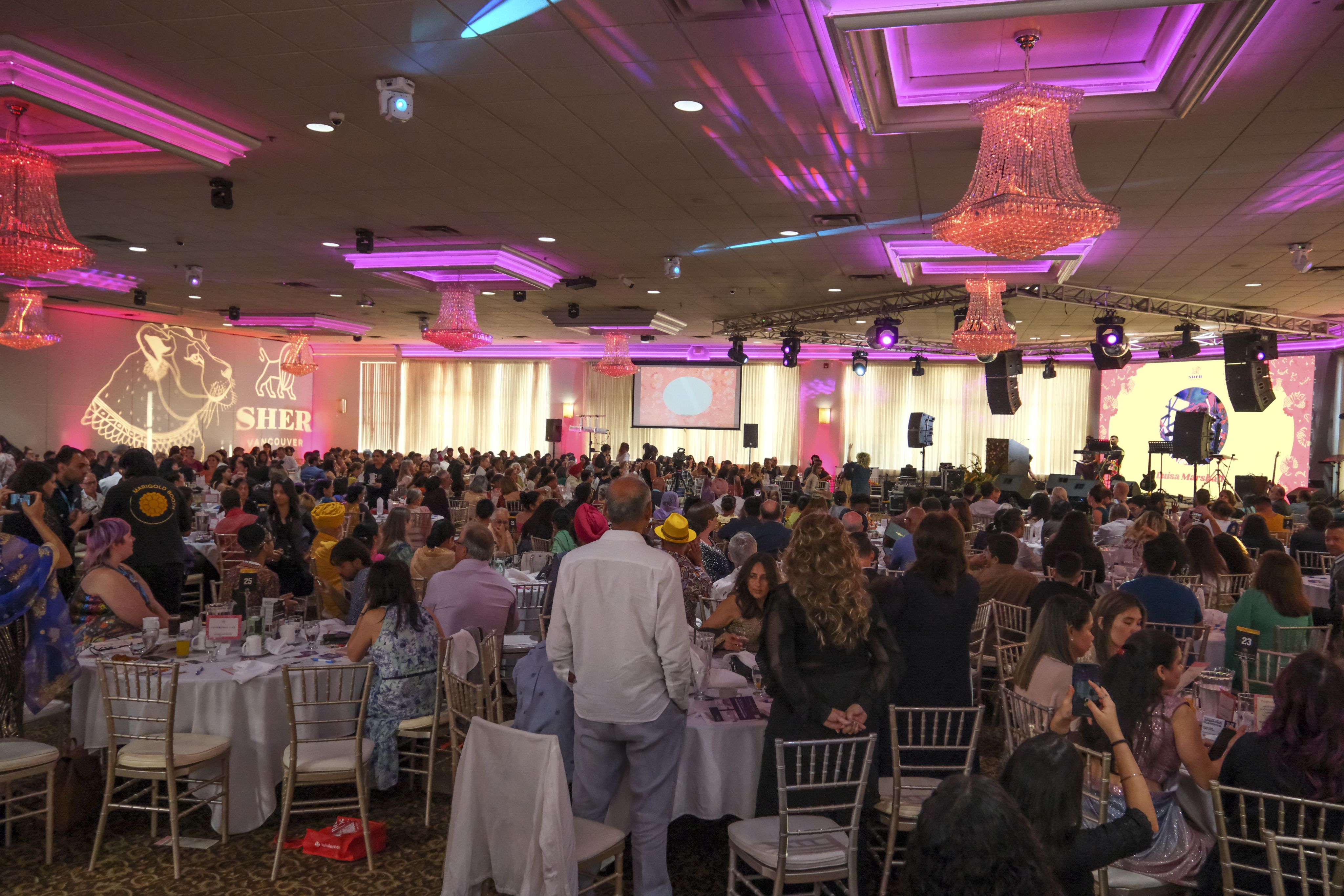
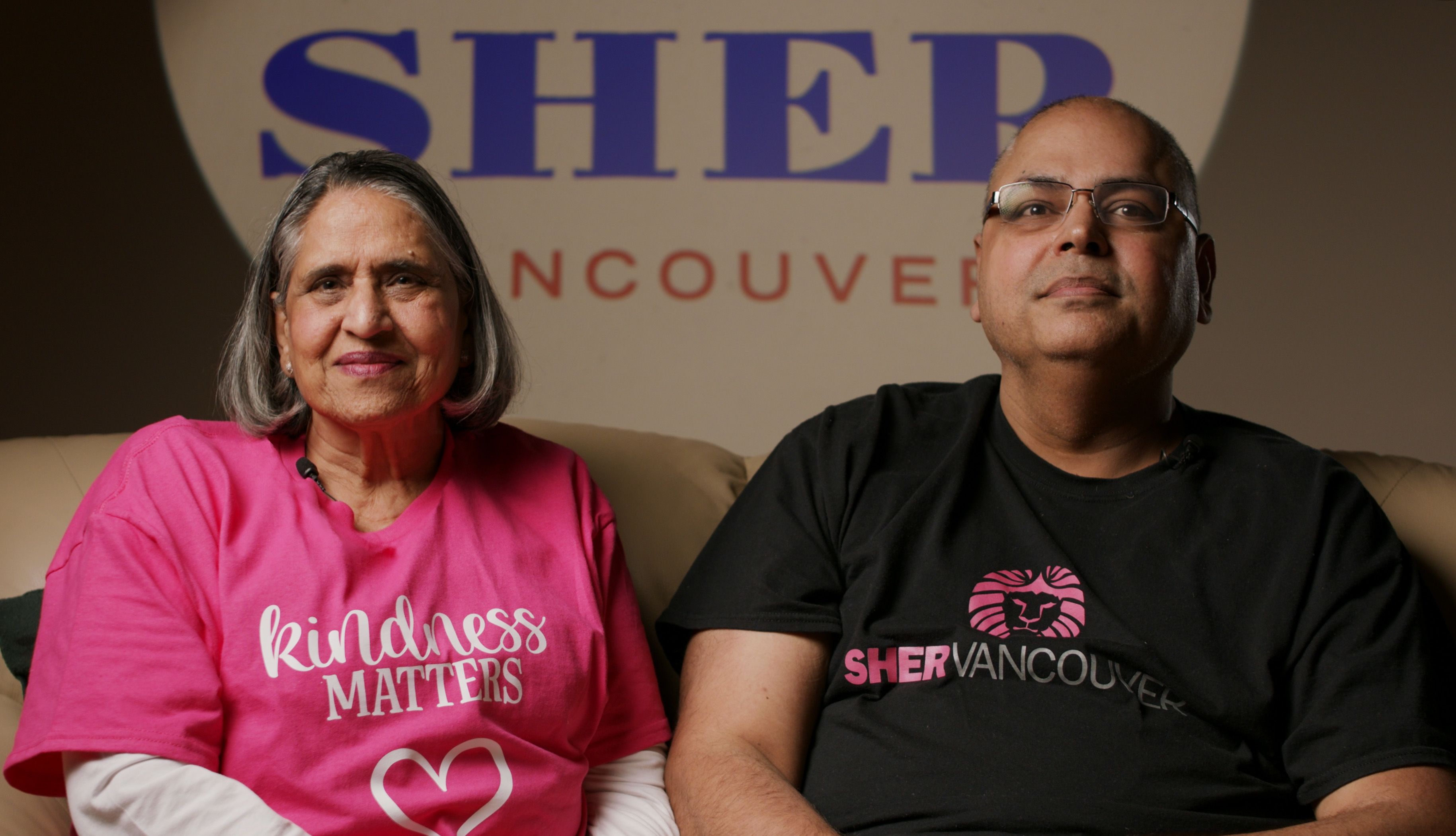
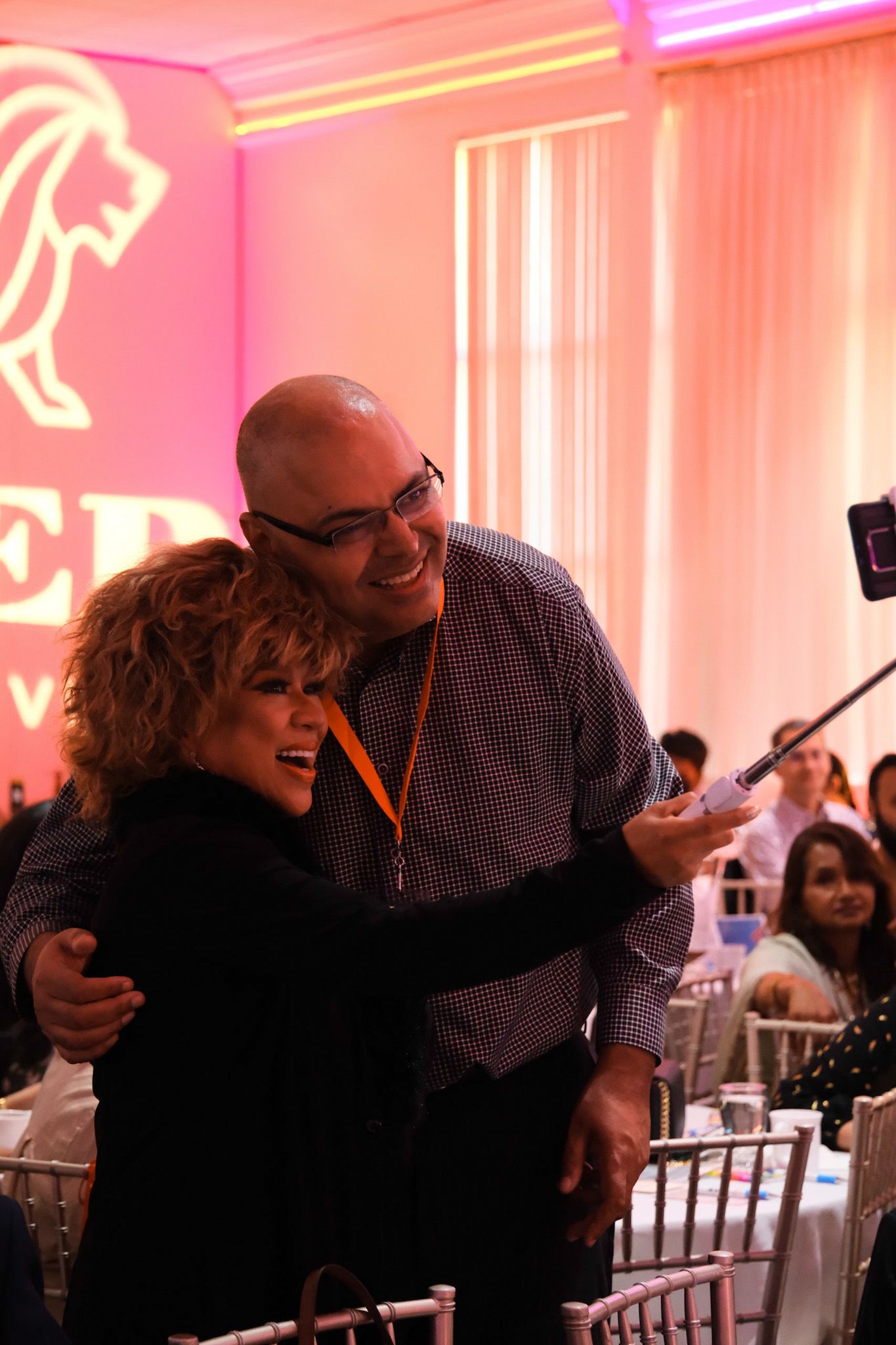
I wanted to provide the support that I wished had been available to me, especially for those at risk of depression, anxiety, and even suicidal thoughts.
Alex Sangha
I went through a lot of suffering coming out and trying to accept myself, and I had a lot of internalised homophobia and internalised racism. I didn’t want other kids to suffer too.
Alex Sangha, Delta Optimist August 6 2022
Sher Vancouver's mission therefore is to create safe spaces and opportunities for LGBTQ+ people to thrive.
Alex Sangha
Sher Vancouver provides a wide range of programs and services to support and empower marginalised individuals. Our counselling programme offers professional support, while the Crisis Support Fund provides emergency aid for food, shelter, clothing, and transportation. We run peer support groups tailored for youth, women, and adults, helping to reduce isolation and foster a sense of community.
We also offer the Youth Leadership Award and a Student Practicum and Mentorship Programme, providing professional growth opportunities. Sher Vancouver also engages the wider community through film screenings, the Sundar Prize Film Festival, and social justice film production, using storytelling to inspire change. Our outreach workshops address issues like bullying and racism, and the Sher Vancouver Podcast shares the stories of BIPOC and queer individuals.
Telling LGBTQ+ stories
In 2012 our beloved social coordinator, January Marie Lapuz, was murdered. This deeply impacted me and the entire Sher Vancouver community. January was a transgender woman of colour whose life was full of joy and resilience, but her death highlighted the severe challenges faced by transgender people. January’s story needed to be told, and I realised that film could be a powerful medium to share her life, struggles, and the broader issues facing the LGBTQ+ community.
I decided to produce My Name Was January, a documentary celebrating January's spirit while shedding light on the violence and discrimination faced by trans women of colour. Through this film and subsequent projects, I aim to amplify the voices of LGBTQ+ individuals whose stories often go unheard. Documentaries became a way to foster empathy, educate the public, and advocate for the rights and dignity of our community.
To the LSE LGBTQ+ community, I encourage you to explore our award-winning documentaries. In addition to My Name Was January, we also produced a film which explores the struggles and triumphs of LGBTQ+ South Asians. This film, Emergence: Out of the Shadows, has been recognized at international festivals for its powerful storytelling and social impact, including being an official selection at Academy Award, BAFTA, and Canadian Screen Award qualifying film festivals.
I also invite you to submit your own socially conscious films to the Sundar Prize Film Festival. This festival celebrates impactful storytelling that raises awareness on critical issues like human rights and social justice. Your support as viewers and filmmakers can help us expand our social mission.
Together, we can make a difference — because everything is possible if we work together.
Alex Sangha
Interested in reading LSE alumni life stories?
Explore more alumni profiles.

